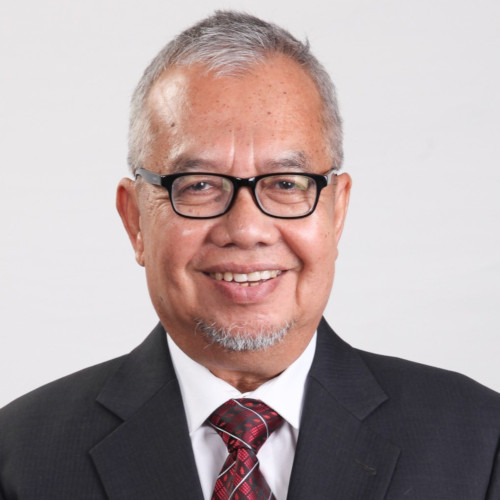By Professor Dato Dr Ahmad Ibrahim

For decades, Malaysia’s economic story has been one of natural advantage. Blessed with rich natural resources, the country built its prosperity on the back of oil and gas, palm oil, rubber, and later, electronics and semiconductors. These sectors powered industrialisation, filled government coffers, and created millions of jobs. But like all resource-dependent economies, Malaysia is now facing the limits of that model. The reality is clear: oil and gas revenues are plateauing, squeezed by volatile global prices and mounting climate pressures. PETRONAS has already announced big job cuts. Palm oil faces persistent environmental controversies, international harassment, and a slowing global market. Oil palm land area has stagnated at 6 million hectares. Further expansion is limited, haunted by global deforestation pressures. Even our once-reliable electronics and semiconductor sector faces intense competition from Vietnam, Indonesia, and India. The question is no longer whether Malaysia needs a new economic engine — it’s what that engine should be.
Tourism remains one of Malaysia’s most underutilised economic assets. Despite its rich biodiversity, cultural heritage, and world-class islands, Malaysia has lagged behind neighbours like Thailand and Indonesia in fully capitalising on this sector. The post-pandemic travel surge offers an opportunity to reposition Malaysia as a destination for sustainable, experiential, and eco-conscious tourism — not just cheap beach holidays. Integrated resorts, marine parks, cultural festivals, wellness retreats, and agrotourism could generate jobs and attract foreign exchange while promoting environmental conservation.
Another potential growth sector is rare earths. With the global race for clean energy technologies, electric vehicles, and advanced electronics, demand for rare earth elements (REE) is skyrocketing. Malaysia holds significant deposits of these critical minerals. But the country must tread carefully. Rare earth mining is environmentally sensitive, and Malaysia’s experience with radioactive waste controversies in the past remains a public sore point. If Malaysia chooses to develop this sector, it must prioritise strict environmental compliance, transparent governance, and local community benefits — or risk repeating the mistakes of the past.
But tourism and rare earths alone won’t secure Malaysia’s long-term future. In an era where economies are driven by ideas, technology, and sustainability, Malaysia must double down on investments in research, innovation, and technology development. This isn’t optional — it’s survival. Countries like South Korea, Singapore, and even Vietnam have made bold investments in AI, green technologies, advanced manufacturing, and biotechnology. Malaysia, by contrast, spends just over 1% of GDP on R&D — far below the OECD average and regional competitors. Without a deliberate strategy to nurture homegrown innovation and support local start-ups, Malaysia risks being trapped in the middle-income tier for another generation.
With global demand for solar panels, hydrogen solutions, energy storage, and electric mobility rising, Malaysia can position itself as a clean energy technology hub. Its existing manufacturing ecosystem could be repurposed for green products with the right incentives. Climate change is already threatening global food systems. Malaysia should invest in vertical farming, precision agriculture, plant-based proteins, and aquaculture technologies to secure domestic food security and export capability. Beyond e-commerce, Malaysia should encourage the growth of AI-driven applications in healthcare, logistics, smart cities, and fintech. This requires not just infrastructure but a talent pipeline and regulatory agility. The pandemic revealed the importance of self-reliance in pharmaceuticals and medical technology. Malaysia could build competitive niches in tropical disease research, herbal medicine, and affordable medical devices.
Malaysia’s economic history is one of pragmatism — but pragmatism cannot mean complacency. The world is moving fast, and the global economy rewards countries that invest in ideas, talent, and sustainable industries. Natural resources can no longer be Malaysia’s long-term advantage. Innovation, technology, and sustainability must be. The government, private sector, and universities need to align behind a clear strategy: one that funds research, nurtures start-ups, and builds the industries of the future, not the past. Talk about the quadruple helix of R&D must now move beyond the blueprint. The intended shift to a circular economy must be executed with greater urgency. Lawmakers should debate more about making the economy sustainable rather than petty divisive issues. It’s time for Malaysia to stop asking what worked yesterday and start investing in what the world will need tomorrow. Because the future doesn’t wait for anyone.

The author is affiliated with the Tan Sri Omar Centre for STI Policy Studies at UCSI University and is an associate fellow at the Ungku Aziz Centre for Development Studies, Universiti Malaya.
